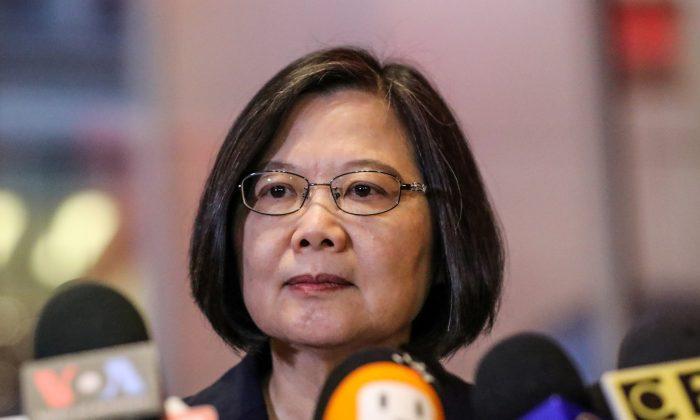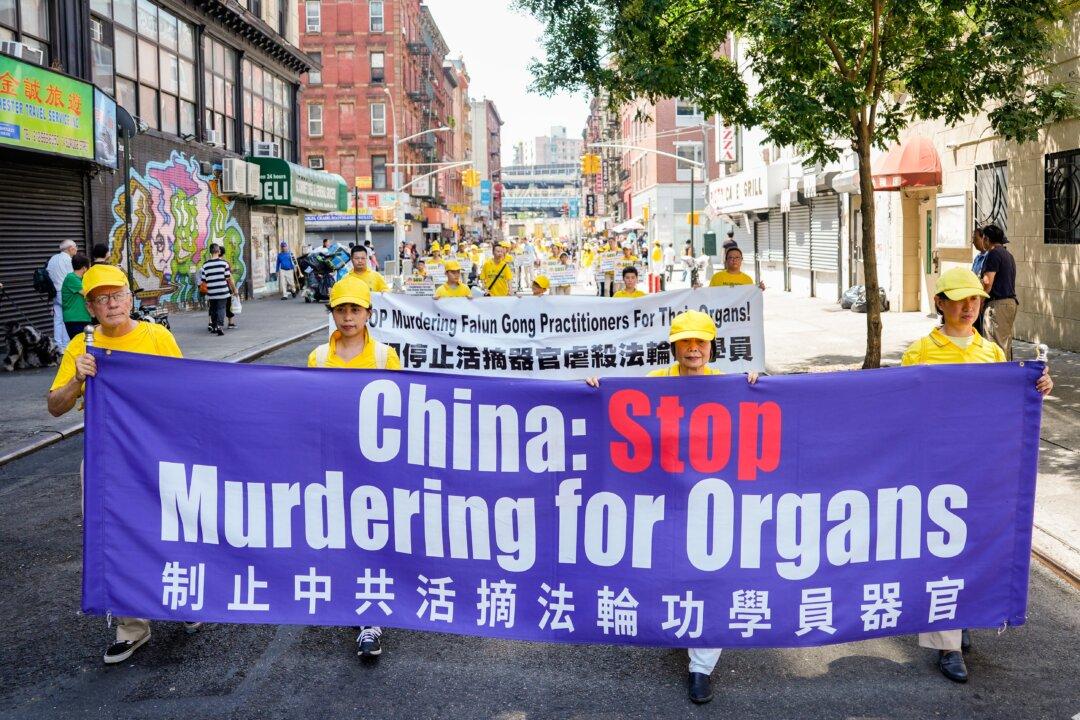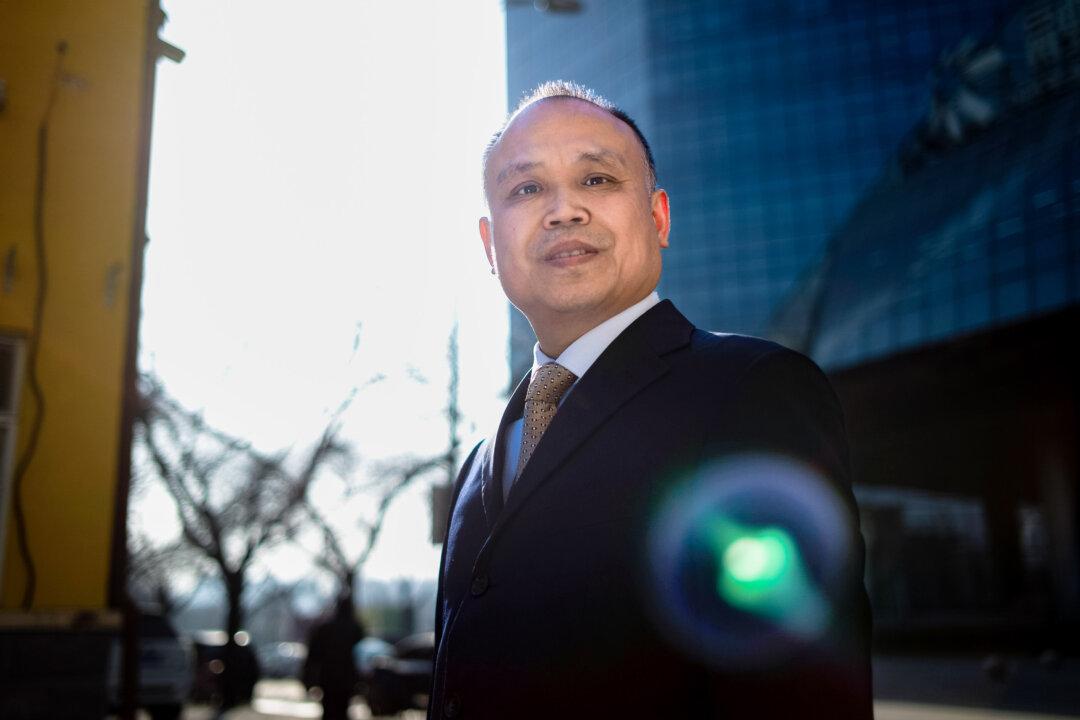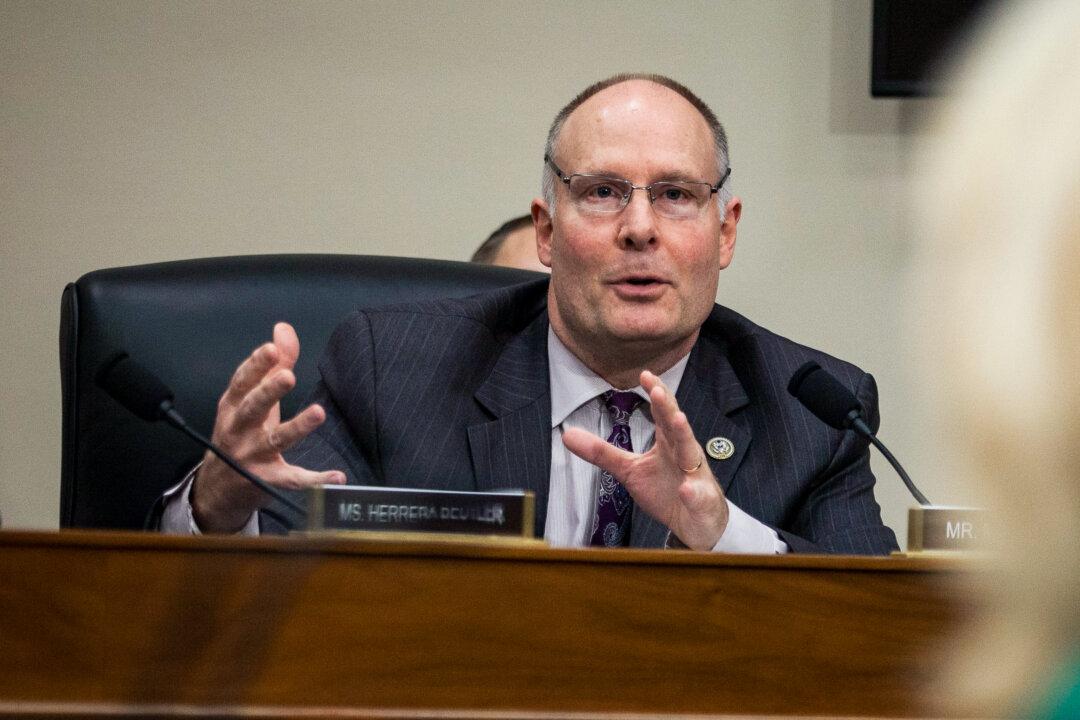TAIPEI, Taiwan—Washington-based Freedom House, a nonprofit partially funded by the U.S. government, has taken to its Facebook page on July 16 to voice support for Taiwan amid the Chinese regime’s increased pressure.
Taiwan is a de-facto country with its own elected officials, constitution, and currency. However, Beijing considers its democratic neighbor a renegade province that must be united with the mainland one day, with military force if necessary.
The dinner was hosted by the Taipei Economic and Cultural Representative Office in New York, at the Grand Hyatt hotel in Manhattan, according to Taiwanese media.
“President Tsai, on behalf of Freedom House, I want to express how deeply moved we are to have you with us in the United States. You have one of the world’s toughest jobs,” Abramowitz said.
Abramowitz explained: “You must endure the relentless pressure from a powerful neighbor, a country with a massive economy and sophisticated military capacity, which regards your democratic freedoms—by way of the extraordinary contrast they present—as an existential threat to its own regime of control, regimentation, and censorship.”
Hongkongers have taken to the streets multiple times in the past month, in protest against a controversial extradition bill that they fear would put them at risk of being extradited to China to be tried in courts controlled by the Chinese Communist Party. Many are also worried that citizens of any nationality are at risk of being transferred to China while they are in Hong Kong, if the bill were to pass.
“Hong Kong’s experience under the ‘one country, two systems’ [model] has shown the world once and for all that authoritarianism and democracy cannot coexist,” Tsai said.
Abramowitz echoed the idea in his remarks: “We remind our own leaders that in East Asia there is a model in Taiwan’s democratic values and resistance to tyranny that deserves America’s attention and support.”






Friends Read Free